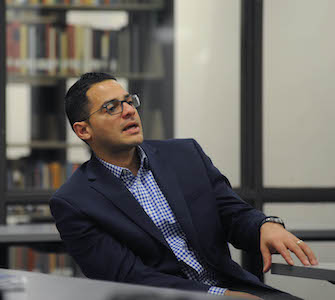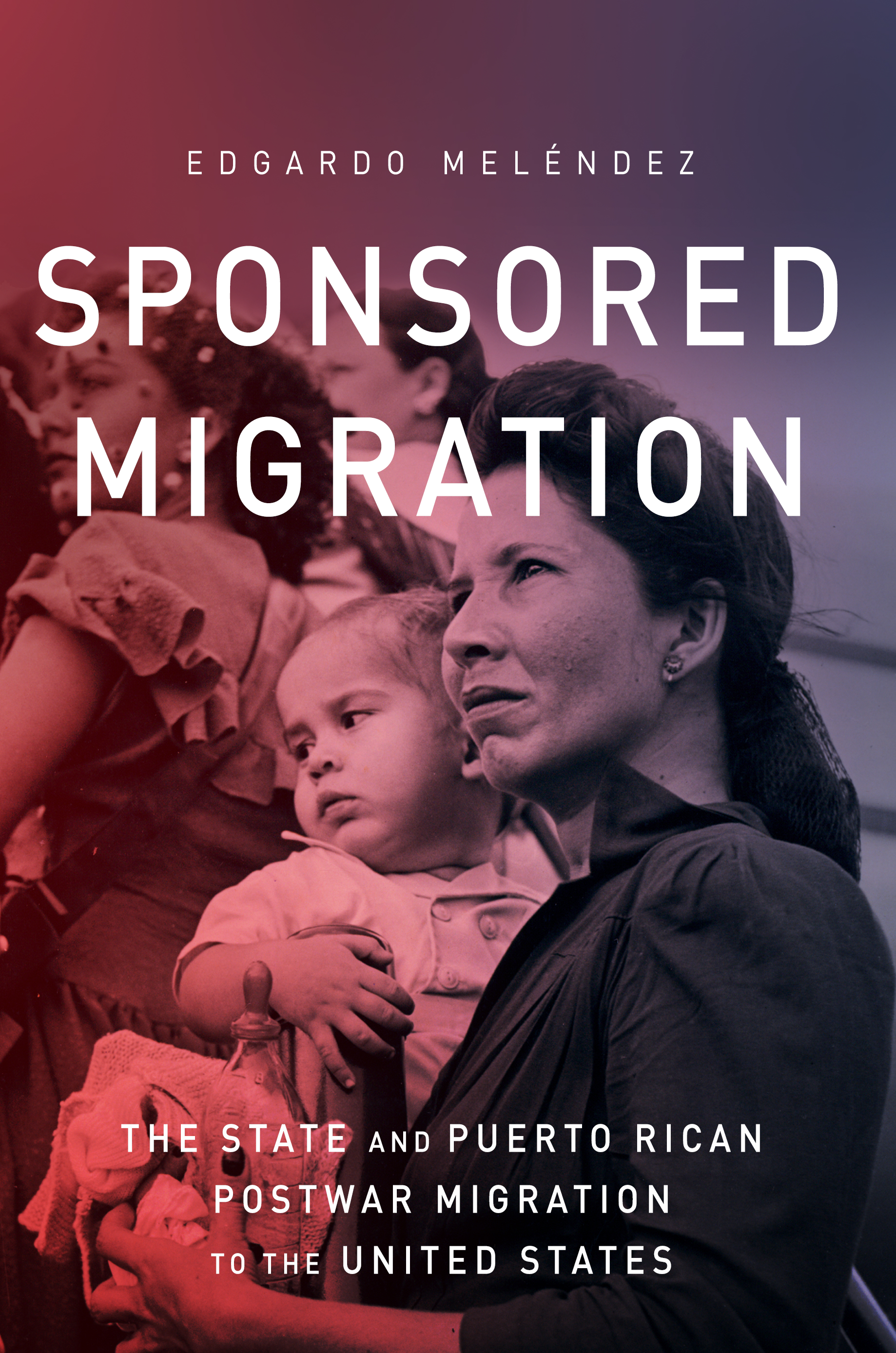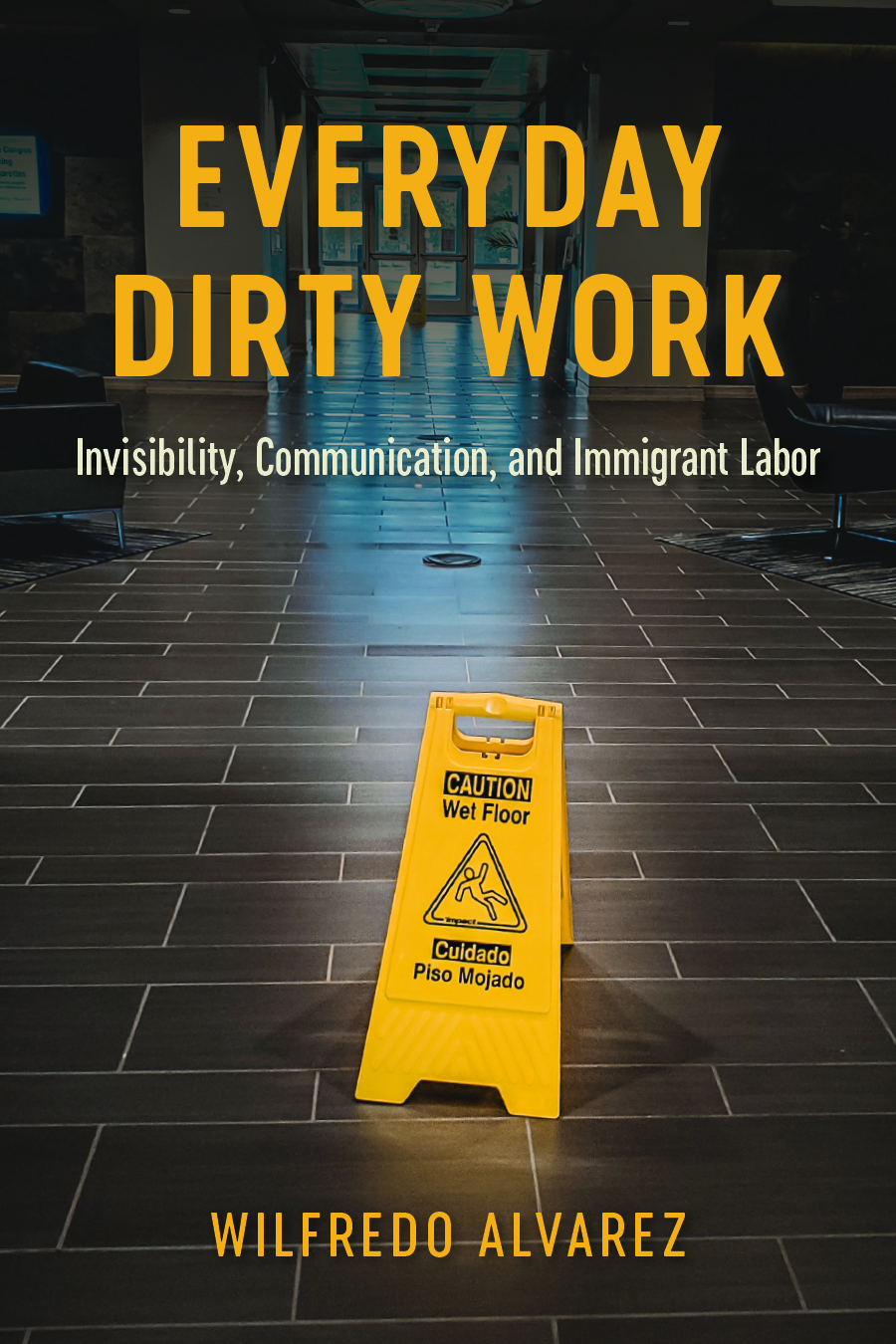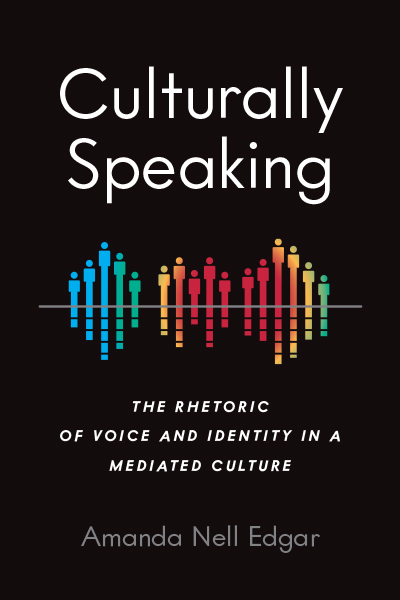Winner of the 2023 NCA Ethnography Division’s Best Book Award
“Alvarez’s monograph serves as an exigent reminder that as the field of communications and its adjacent disciplines start unraveling more complex communicative phenomena that cut across intersectional identities, communication scholars and practitioners need to take a step back to heed those salient communicative sites to explore more what communication could mean in and for our research, teaching, and everyday encounters. Alvarez’s audacious attempt at a less visible institutional site thus accomplishes this exigent need.” —Meng-Hsien Neal Liu, Communication Design Quarterly
“The book appears to be particularly good at engaging with the vast array of interdisciplinary literature to date, adding fresh findings and analysis when relevant. Both academic readers and readers in organizational leadership roles can benefit from the author’s analysis.” —Keumjae Park, Ethnic and Racial Studies
“A valuable study for leaders in higher education interested in relational processes across hierarchies, as well as scholars and students in the social sciences interested in organizational communication. By emphasizing the work experiences of historically marginalized people in lower-status occupations, Alvarez makes a significant contribution to the literature on social identities, and his focus on Latin American immigrant workers expands our understanding of how occupational identities intersect with immigration status.” —Gustavo H. R. Santos, Society for the Anthropology of Work
“With its focus on Latinx immigrant essential workers, Everyday Dirty Work could not be more timely. Alvarez’s centering of translinguistic communication in his ethnography is unprecedented, and the new perspectives he unearths on the intersections of race, class, occupation, language, and immigration status have clear, actionable implications for positive change.” —Joanne Belknap, author of The Invisible Woman: Gender, Crime, and Justice
Wilfredo Alvarez’s Everyday Dirty Work: Invisibility, Communication, and Immigrant Labor is an exploration into co-cultural communication practices within the workplace. Specifically, Alvarez investigates how Latin American immigrant janitors communicate from their marginalized standpoints in a predominantly White academic organization. He examines how custodial workers perceive, interpret, and thematize routine messages regarding race, ethnicity, social class, immigrant status, and occupation, and how those messages and overall communicative experiences affect both their work and personal lives.
A Latin American immigrant himself, Alvarez relates his own experiences to those of the research participants. His positionality informs and enhances his research as he demonstrates how everyday interpersonal encounters create discursive spaces that welcome or disqualify people based on symbolic and social capital. Alvarez offers valuable insights into the lived experiences of critical––but often undervalued and invisible––organizational members. Through theoretical insights and research data, he provides practical recommendations for organizational leaders to improve how they can relate to and support all stakeholders.

Wilfredo Alvarez is Associate Professor of Communication Studies at Metropolitan State University of Denver.
Contents
Introduction Communication in Everyday Life
Arriving in Nuebayol
Language, Communication, and the Immigrant Experience
The Significance of Culture for Communicating (Identity)
Key Communication Processes at Work
Research Framework: Converging/Diverging Immigrant Realities
Target Audiences, Objectives, and Organization of the Book
Chapter 1 Research Methods
The Research Site: A Public Ivy in the Southwest
Race Relations at RMU
Mitigating Racism on Campus
Access to the Site and Interest in the Study
Positioning Myself as a Researcher
Situating Work Experiences Within an Interpretive Framework
Researcher’s Assumptions: My Story, Their Story, Our Story?
Chapter 2 Communicating at Work
Workplace Communication
Case Study Findings and Research Implications
Summary
Chapter 3 Communicating Co-Culturally
Co-Cultural Communication Theory
Co-Cultural Communication Orientation
Co-Cultural Communication Research
Case Study and Research Implications
Pushing Back on Co-Cultural Communication
Summary
Chapter 4 Communicating Social Identity
Communication and Social Identity Research
Case Study and Research Implications
Summary
Chapter 5 Encounters With Strangers
The (English) Language Dilemma
Achieving Communicative Integration
Summary
Chapter 6 Research Implications, Advocacy, and Future Directions
Theoretical Implications
Practical Implications: Institutional Advocacy
Practical Recommendations
Shifting My Positionality: From Watching to Doing
Limitations
Directions for Future Research
Closing Thoughts
Appendix A Interview Guide
Appendix B Guía de Entrevista
References
Index
“This book offers a detailed and nuanced account of workplace interactions for one group of marginalised but vital US workers that adds useful insights to a growing debate.” —Frances Myers, Work, Employment, and Society
“Everyday Dirty Work: Invisibility, Communication, and Immigrant Labor is a crucial work...[Alvarez’s] approach yielded theoretical, empirical, and practical insights into the relationships between white male, English-speaking supervisors and Latina/o, Latina immigrant, Spanish-speaking janitors doing ‘dirty work.’” —Ralph Armbruster-Sandoval, Contemporary Sociology
“Alvarez offers an empirically driven, theoretically sophisticated, and touchingly real account of everyday, stigmatizing workplace communication experiences of Latin American immigrant janitors at a U.S. university...Communication researchers will find Alvarez’s account of great interest. The book may also be of value to scholars working in the wider domain of social sciences and humanities, but also to practitioners and leaders in non-profit, academic organizations that aspire to ‘walk the talk’ of inclusivity.” —Anna Milena Galazka, Work and Occupations
Related Titles:

Sponsored Migration
The State and Puerto Rican Postwar Migration to the United States
Edgardo Meléndez

Building Confianza
Empowering Latinos/as Through Transcultural Health Care Communication
Dalia Magaña



